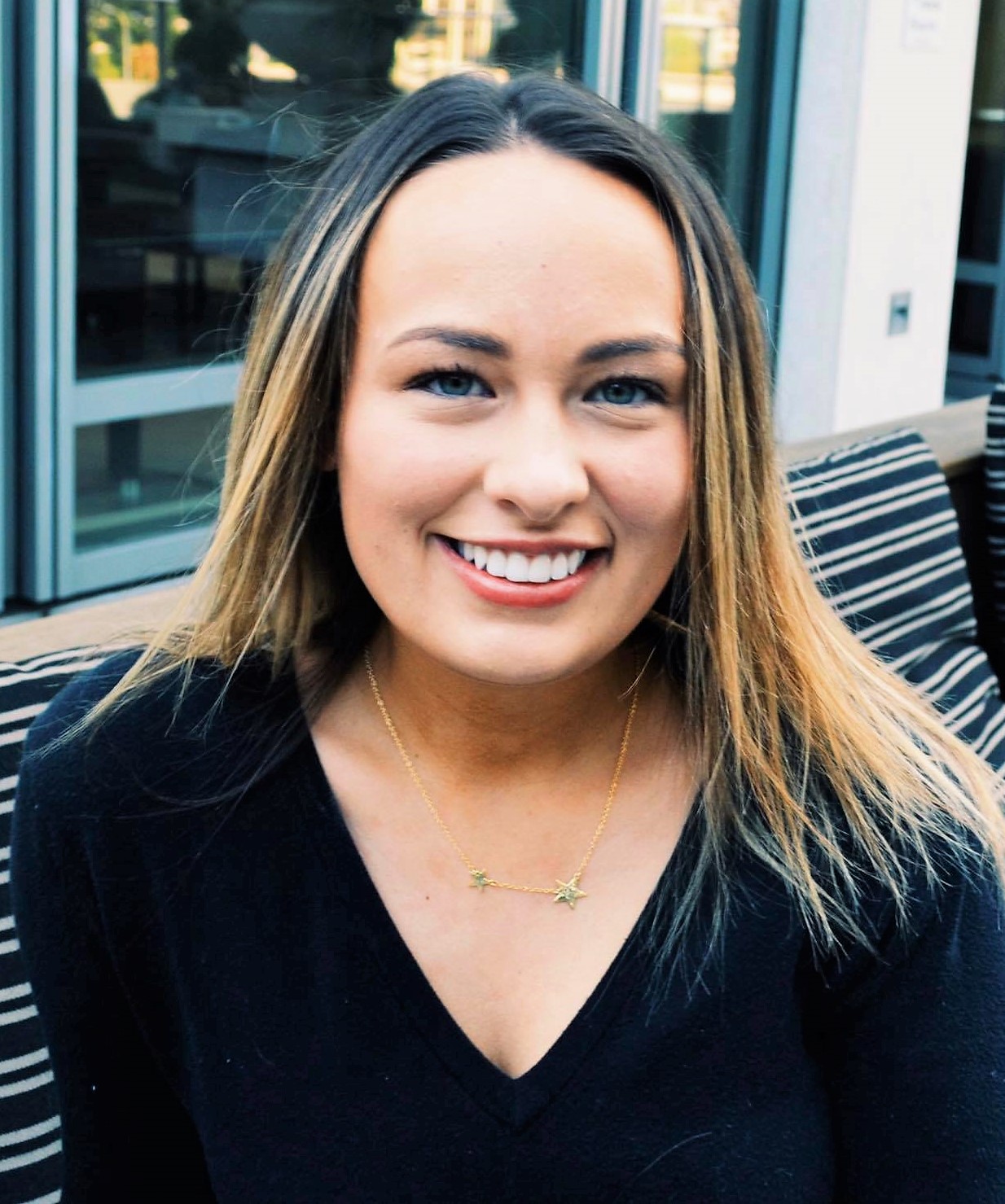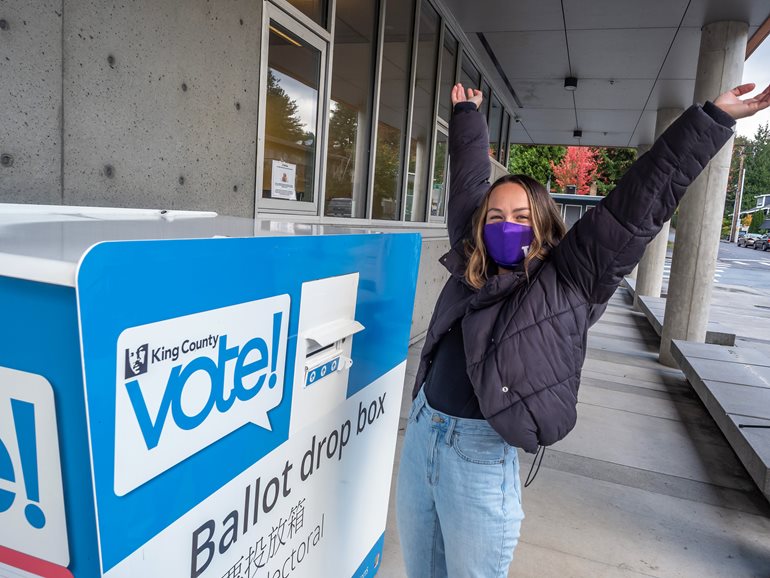
By Elisabeth Schnebele
Time is understood as linear: past, present and future. We think we can leave the past behind us, but there are memories that I carry with me, that shape my future.
June 1, 2013, has become the marker that I use to measure time. I often think of who I was before that day, and who I am now. Of what life would have been like if that day had meant nothing at all. The memory plays like a broken record, the same seconds over and over. Waking up, looking at my phone, Have you heard? Molly is dead.
I didn’t know when I woke up that those few precious seconds before I looked at my phone would be the last seconds I had of innocence; my life before grief. Molly, on the night before her 16th birthday, had been shot and killed in a random drive-by shooting. Molly was my neighbor, my classmate, my friend.
Only a few months after Molly passed, I was sexually assaulted. There was little left in this world I was willing to care about. By 2016, I had found myself in a trauma-based treatment center. I felt like I was on a merry-go-round, watching the world spin around me, but I wasn’t moving at all.
The presidential election took place that year. I was consumed with my own grief: Why should I vote when my voice wasn’t heard when I needed it the most? Why care about a world that has never been kind to me or the people that I loved? Gun laws existed, yet my friend was dead from gun violence. Rape was illegal, but I wasn’t protected. I came to the conclusion that safety was an illusion — that bad things happen regardless of who you are, where you are or what you believe in. Filling in a circle with a ballpoint pen wouldn’t bring my friend back, and it wouldn’t erase what happened to me. In protest, I decided not to vote. What I couldn’t see then, was that it had the power to write a better future.
It took me years to realize the gravity of that mistake. So much of my pain was grounded in the fact that I had been powerless. I felt like I had to protect my power at all costs: What if I voted and the president I endorsed wasn’t elected? Would my voice have mattered? Would my power have been taken away? I thought in deciding not to vote, I could keep my power. But instead, I gave it away.
I gave my power to a president who took from others like me. “You can do anything. … Grab ’em by the pussy. You can do anything.” I saw women across the nation ban together against rape culture in the #MeToo movement. I read about Chanel Miller who was raped by Brock Turner, the Stanford swimmer who served only three months in prison for sexual assault. I realized I wasn’t alone, a both comforting and somber realization. But I also I realized that I am not a victim. I am a survivor. My friend Molly doesn’t have a voice anymore, but I do.

I don’t want innocent people dying from gun violence. The man who shot Molly was mentally ill. He was in possession of a gun, driving through a neighborhood and pulling the trigger, creating a symphony of explosions down a once quiet road. My friend, a silent casualty in a concert of destruction.
I don’t want to be part of a culture that dismisses rape, that equates assault with accident and intent with misunderstanding. I refuse to relinquish my power to policies that protect the guilty and punish the innocent.
This year, I am voting — for myself, for Molly, the Jane Doe’s, people of color, the LGBTQ community, immigrants both documented and undocumented … for anyone who feels like they don’t have power. I will fight for you with my vote and help write a better future for us all.
My grandpa once told me, “When you vote, think about what is going to do the most good for the most amount of people.” I encourage everyone to vote, and when you do, to take his advice. Vote with love, because when we love we strive to become better than we are.
Elisabeth Schnebele is a senior at UW Bothell with plans to attend graduate school after receiving her bachelor’s in Gender, Women & Sexuality Studies. She is also a student writer on the University’s Marketing & Communications team. She holds many identities, and her identity as a writer is the one she holds most dearly, followed closely by her identity as an informed and engaged voter.



